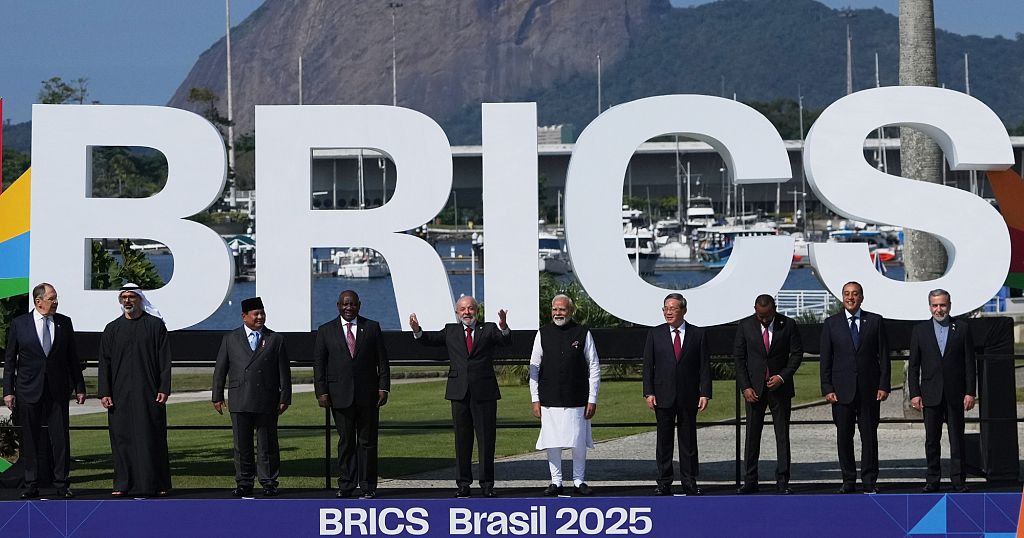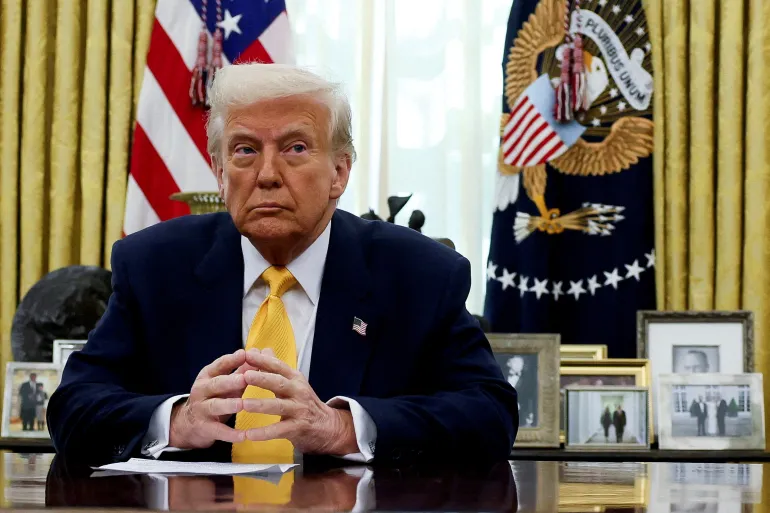Call for inclusive multilateralism
By Gabi Khumalo
President Cyril Ramaphosa has underscored the need for BRICS countries to commit to multilateralism with equity, inclusive economic growth, and technology with humanity.
The President was speaking at the 17th BRICS Leaders’ Summit, in Rio de Janeiro, Brazil.
President Ramaphosa highlighted that BRICS has now expanded and represents nearly half of the global population, while it also accounts for over a third of the world’s Gross Domestic Product (GDP).
“This provides the countries with an opportunity to strengthen and deepen their cooperation, to ensure a more equitable, just, democratic, and balanced multipolar world order.
“The BRICS Outreach and BRICS Plus engagements are important platforms for expanding strategic dialogue and building strong ties with countries from the greater Global South and other emerging markets.
“Brazil has rightly recognised the potential of BRICS as a platform for developing the solutions the world so urgently needs. We must continue to enhance our financial cooperation and continue the work already underway in studying the challenges and opportunities related to connecting financial market infrastructure,” the President said.
The President welcomed the proposal to establish a BRICS New Investment Platform, noting its potential to enable faster, low cost, more efficient, transparent, safe, and inclusive cross-border payment instruments.
“It has great potential to facilitate the mobilisation of diverse and expanded sources of investments into projects in the BRICS countries, and this is where the BRICS NDB [New Development Bank] plays a key and important role. South Africa calls for the appropriate risk mitigating mechanisms to be considered in the establishment of this platform.”
The President commended the President of the NDB, Dilma Rousseff, for the excellent work that is being done by the bank.
He called for the group’s continued collective commitment to safeguard and support the rules-based multilateral trading system as embodied in the World Trade Organisation (WTO).
The President further commended the important work undertaken to review the Strategy for BRICS Economic Partnership 2030.
The President underscored the importance of strengthening trade and investment ties between BRICS countries, in view of the current geopolitical challenges and trade uncertainties.
Turning to technological advancement, the President noted that the Fourth Industrial Revolution (4IR) has brought about a new era in the social and economic life of all countries and all people.
“It has demanded that countries develop new policies and strategies to enable an inclusive, whole of society approach. Global institutions and inclusive participation are needed now more than ever. This is why reports from business and civil society tabled today are important.”
The President welcomed the recent adoption of United Nations-endorsed high-level political principles on artificial intelligence (AI), noting that the principles provide the international community with a “common value-driven approach to AI that can serve as a basis for defining regulations and tools”.
He highlighted that under South Africa’s current G20 Presidency, a Task Force on Artificial Intelligence, Data Governance, and Innovation for Sustainable Development has been established, presenting an opportunity to address the limitations in international AI governance.
“Artificial intelligence is reshaping every dimension of our lives, from education and agriculture to national security and financial systems. The choices we make now will determine whether AI exacerbates global inequality or becomes a tool for sustainable and inclusive development.
“As we look ahead, we need to commit to multilateralism with equity, to economic growth with inclusion, and to technology with humanity. AI must be seen as a tool that will enhance the interests of all and not just a few billionaires, as indicated by [Brazilian] President Lula [da Silva],” he said







_1751880097.jpeg)




